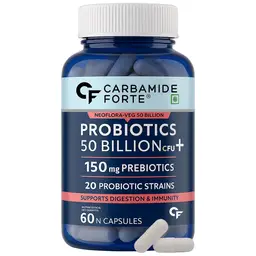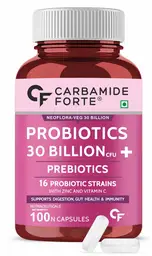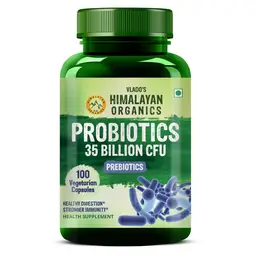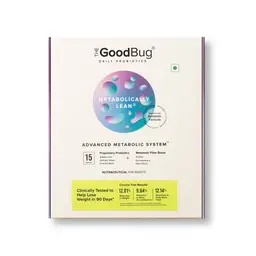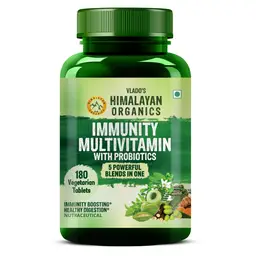Digestive Disorders Demystified: Exploring Common Gut Health Issues
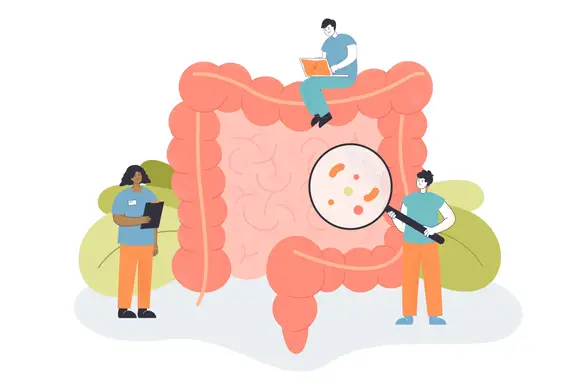
Digestive Disorders Demystified: Exploring Common Gut Health Issues
Posted on 6th Jun, 2023
Imagine you're enjoying a delightful meal with friends, savoring every bite, when suddenly, an unwelcome guest arrives—digestive issues.
It's that uncomfortable feeling that leaves you clutching your stomach, desperately seeking relief.
We've all been there, haven't we? But here's the surprising truth: experiencing digestive problems is far more common than we might imagine.
In fact, millions of individuals just like you and I are navigating the twists and turns of their gut health.
So, let's find out more about digestive disorders, and explore the common gut health issues as well as effective tips to keep our digestive systems in tip-top shape.
What is a digestive disorder?
A digestive disorder refers to any condition that affects the normal functioning of the digestive system.
This can include problems with digestion, absorption of nutrients, or the elimination of waste.
Digestive disorders can range from mild and occasional discomfort to chronic and debilitating conditions.
So, now let us understand the role of the gut microbiome in our digestion and how it gets affected.
What is the gut microbiome?
Before we explore common gut health issues, let's take a moment to understand the gut microbiome.
The gut microbiome refers to the trillions of bacteria, fungi, and other microorganisms residing in our digestive system.
Beyond its primary role of breaking down food and absorbing nutrients, the gut houses a vibrant and diverse community of microorganisms known as the gut microbiome.
Think of it as a team of trillions of bacteria, fungi, and other microscopic inhabitants working as a team to maintain our overall health.
And, when the delicate balance of this microbial team is disrupted, it leads to a range of digestive disorders that affect our well-being.
What are some common gut health issues?
The most prevalent digestive disorders that people encounter on their health journey are:
1. Celiac disease or gluten intolerance:
These conditions are characterized by an adverse reaction to gluten, a protein found in wheat, barley, and rye.
It is an autoimmune disease where if you ingest gluten-containing food, the immune system starts attacking the intestine walls of a person and causes inflammation, bloating, diarrhea, and abdominal pain.
2. Inflammatory bowel disease:
This term encompasses chronic inflammatory conditions of the digestive tract, including Crohn's disease and ulcerative colitis.
IBD arises when the immune system in the gut becomes hypersensitive and responds excessively to what it perceives as a threat to your body.
Unfortunately, this exaggerated immune response can lead to detrimental effects on your gastrointestinal (GI) tract, causing damage and inflammation, abdominal pain, diarrhea, rectal bleeding, and even weight loss.
3. Small intestinal bacterial overgrowth (SIBO):
SIBO occurs when there's excessive growth of bacteria in the small intestine, and this probably occurs due to the traveling of bacteria from the large intestine to the small intestine.
It can lead to symptoms like bloating, gas, diarrhea, and malabsorption of nutrients.
4. Gastroesophageal reflux disease (GERD):
GERD is a chronic condition where stomach acid flows back into the esophagus, causing heartburn and regurgitation.
However, what causes GERD is still not clear but a few of the reasons can be overeating, obesity, certain medications, smoking, pregnancy, and hiatal hernia.
Persistent GERD can cause inflammation and damage to the esophagus over time.
5. Heartburn:
While occasional heartburn is common, it is due to stomach acids traveling back to the throat through the esophagus, this reflex causes a burning sensation in the chest and throat.
And frequent heartburn can be a symptom of underlying digestive issues like GERD.
6. Ulcer:
Ulcers are open sores that develop on the lining of the stomach or the upper part of the small intestine.
Ulcers are common symptoms seen when a person is using nonsteroidal anti-inflammatory drugs.
They can cause abdominal pain, indigestion, and in some cases internal intestinal bleeding due to which a person may not be able to eat anything.
7. Diverticulosis:
Diverticulosis occurs when small pouches develop anywhere at the weak spots throughout the digestive tract, but most commonly found in the colon.
It may not cause symptoms initially, but complications such as diverticulitis can lead to abdominal pain, fever, and changes in bowel habits.
8. Colitis:
Colitis refers to inflammation of the colon, which can be caused by infections, autoimmune disorders, or inflammatory bowel disease.
A person with colitis may experience symptoms like abdominal pain, diarrhea, and rectal bleeding.
9. Gastroenteritis:
Gastroenteritis is commonly known as the stomach flu. It is an inflammation of the gastrointestinal (GI) tract, primarily affecting the stomach and the small intestine.
The most common cause of gastroenteritis is an infection, often viral or bacterial, although it can also result from parasites or toxins.
The infection often disrupts the normal functioning of the digestive system, leading to an imbalance in the gut microbiome and affecting the absorption and digestion of nutrients.
How to Fix Digestive Issues and Your Gut Bacteria?
Now that we know about digestive disorders and how gut bacteria are affecting overall health, you can take these steps to alleviate symptoms and support a healthy gut:
- Eat plenty of fiber including soluble and insoluble fibers-
Consuming a diet rich in both soluble and insoluble fiber helps promote regular bowel movements and maintain a healthy gut.
Good sources of fiber include fruits, vegetables, whole grains, and legumes.
- Drink plenty of water and liquids-
Staying hydrated is essential for overall health as well as digestion. Water not only helps in keeping the digestive system function smooth but also helps soften stools.
- Include Probiotics and Prebiotics food sources and supplements-
Probiotics supplements are beneficial bacteria that can support a healthy gut microbiome. You can find them in fermented foods like yogurt, and supplements.
Prebiotics supplements, on the other hand, are dietary fibers that nourish the beneficial bacteria. They can be found in foods like garlic, onions, and bananas.
- Consider digestive health supplements-
In some cases, you may benefit from digestive health supplements.
Probiotic supplements can provide a concentrated dose of beneficial bacteria, while certain vitamins and minerals support overall gut health.
Conclusion
Taking care of your digestive system and maintaining gut health is crucial for your overall well-being. Digestive disorders can be common, but understanding their symptoms, causes, and remedies can help demystify them.
By incorporating fiber-rich foods, staying hydrated, and including probiotics and prebiotics in your diet, you can support a healthy gut microbiome.
If needed, consult a healthcare professional for personalized advice and consider supplements that can aid your digestive health journey.
Remember, a happy gut leads to a happy you!

Health articles from our experts

List of 15 Best Gut-Friendly Foods

List of 15 Best Foods for Liver Health
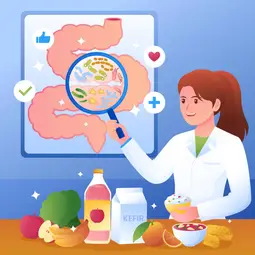
A Comprehensive Guide On How To Improve Gut Health
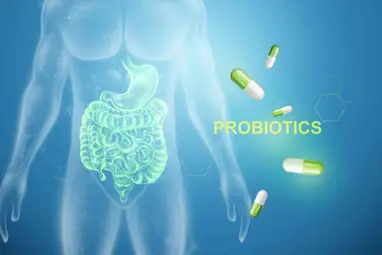
The Power of Probiotics: Nurturing Gut Health for Overall Wellbeing
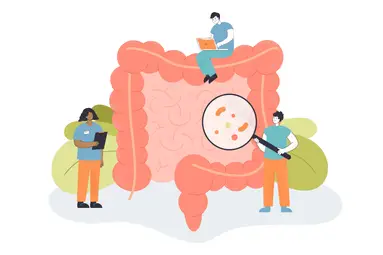
Digestive Disorders Demystified: Exploring Common Gut Health Issues

Magnesium for constipation

Simple lifestyle habits to maintain your gut health

Common Indian foods for constipation relief

7 Foods that are great for your liver


